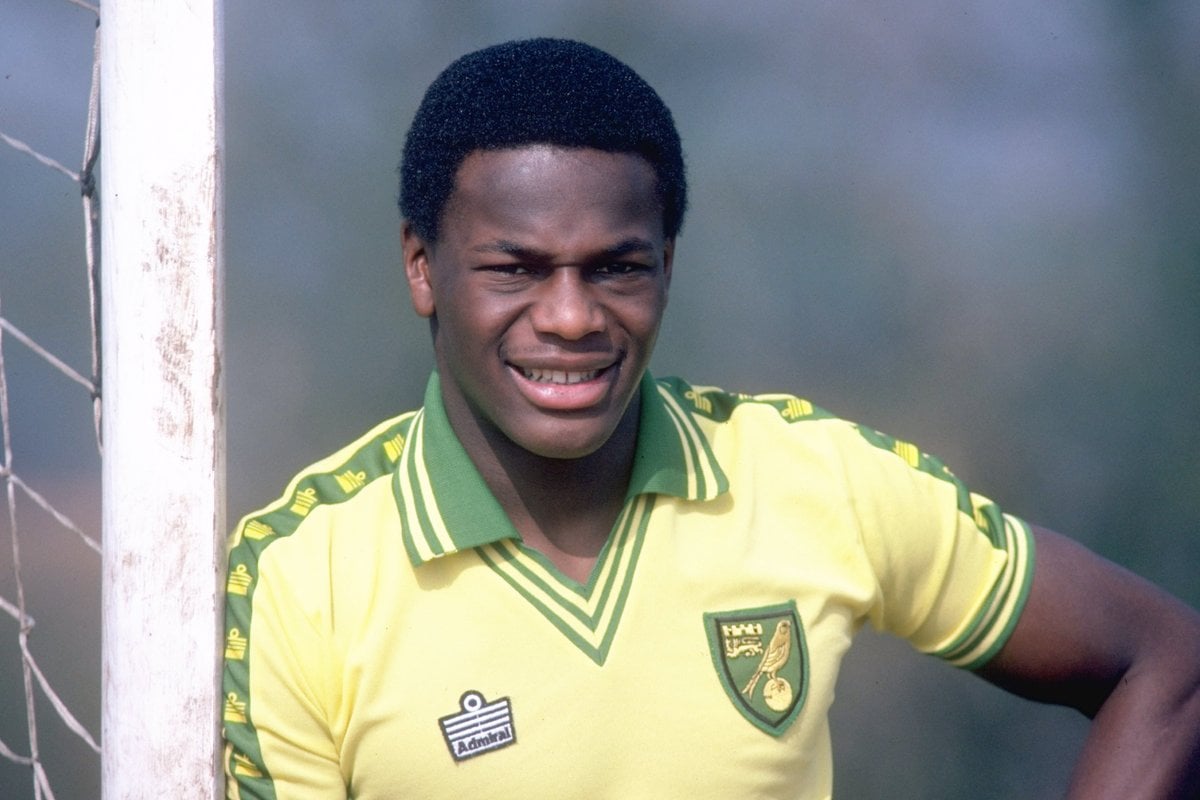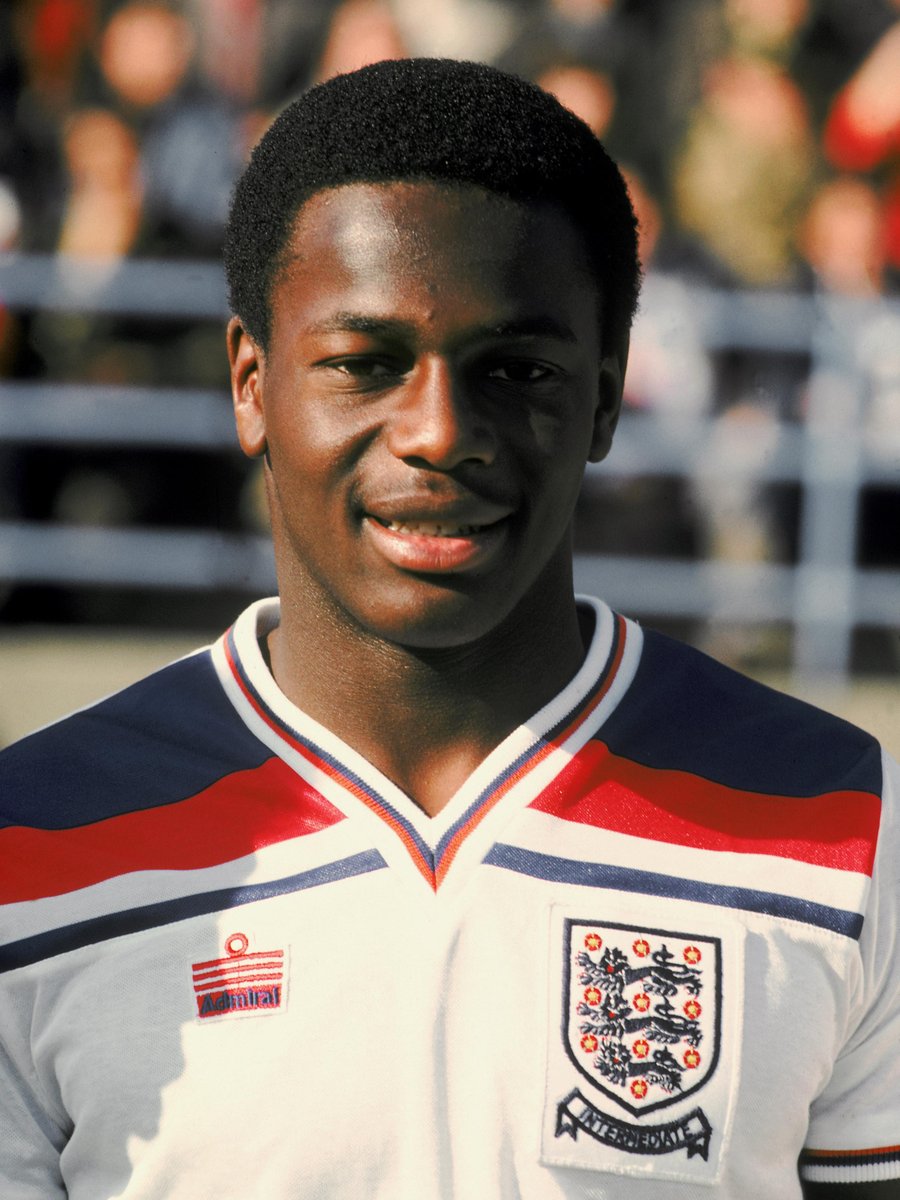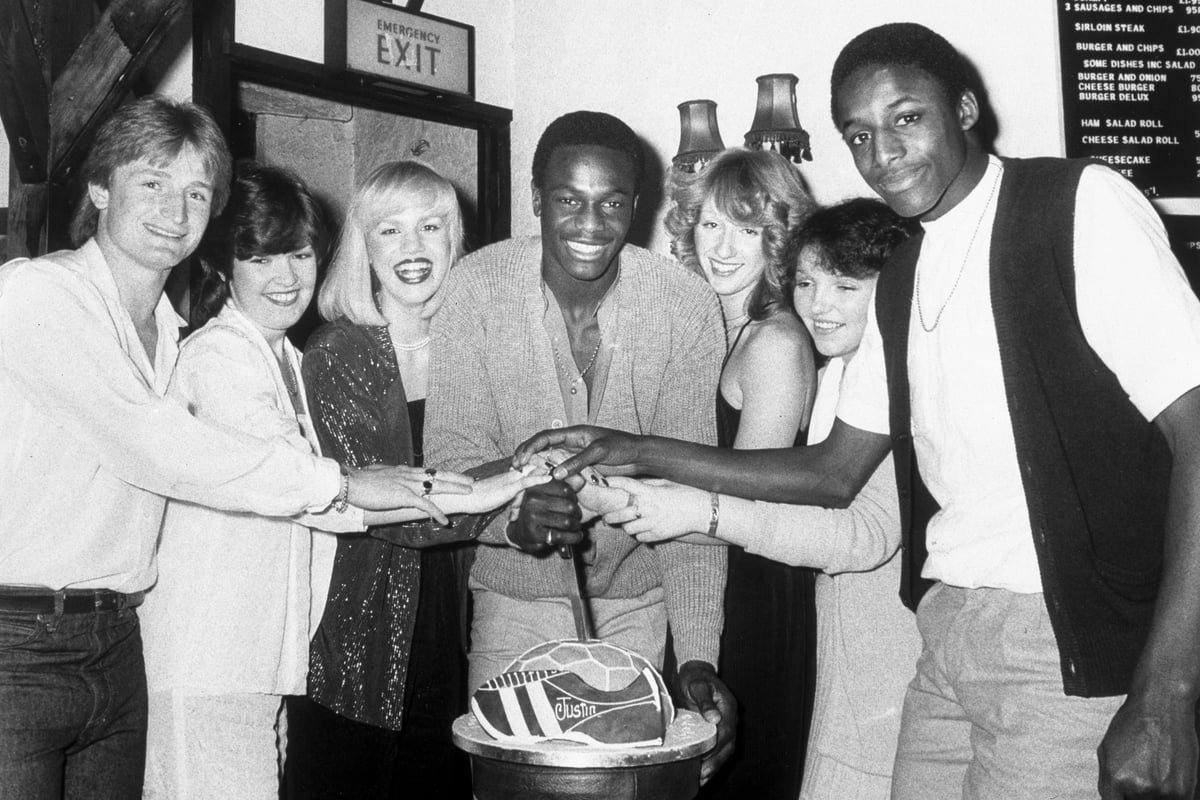
This article mentions suicide and may be triggering for some readers.
Last Wednesday is a day that will go down in history.
Adelaide United player, Joshua Cavallo, became the only current male professional footballer in the world to publicly come out as gay. In Australia and around the world, the 21-year-old was rightfully met with widespread praise.
But 31 years earlier, it was a different story for Justin Fashanu.
The English footballer also made history when he became the world’s first professional player to come out a gay in 1990.
But for Justin, what followed in the years after his announcement was undeniably tragic.
 Justin Fashanu in 1980. Image: Getty.
Justin Fashanu in 1980. Image: Getty.


